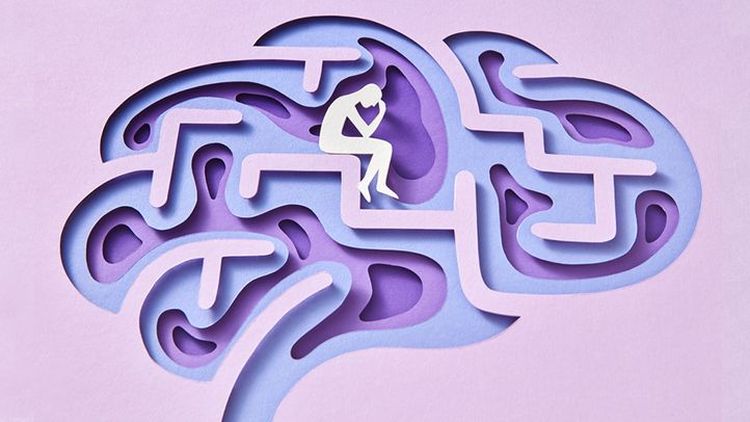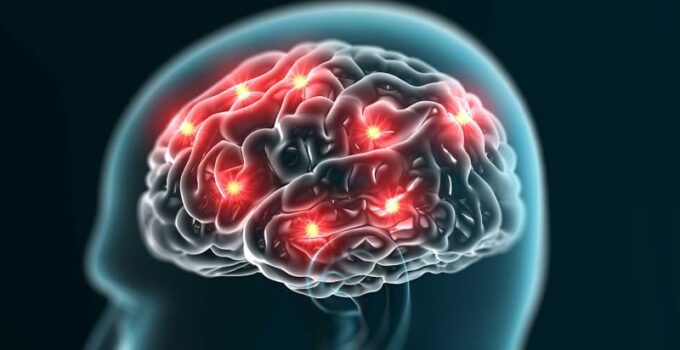Many things can lead you to start suffering some level of memory loss.
Sometimes, it’s situational. If you just have a single, relatively mild TBI, your memory loss will likely improve as you heal. If you have several brain injuries over your lifetime, it may increase the chances that you develop dementia later in life.
As we age, our memory also starts to decline naturally but for some people, this happens faster or more significantly than it does for others.
There are some steps you can take to improve your memory or prevent some of the natural loss that may occur.
Page Contents
1. Reduce Your Sugar Intake

source:pxhere.com
Consuming a lot of sugar in your diet is linked to many chronic illnesses and health problems, including cognitive decline. Research indicates a high-sugar diet can reduce your brain volume, especially in the part of your brain that’s responsible for storing short-term memory.
2. Exercise Your Body

source:pxhere.com
Exercising your body can improve your brain health.
When you exercise, it increases oxygen to your brain and it also reduces the risk of things like cardiovascular disease and diabetes, which can contribute to memory loss. When you exercise, it also improves the effectiveness of brain chemicals and reduces stress hormones.
Exercise can improve your brain’s neuroplasticity because it boosts something called growth factors. The result is the stimulation of new neuron connections.
Aerobic activity is especially good for brain health since it gest your blood flowing.
Anything that promotes heart health tends to be good for your brain.
3. Exercise Your Brain

source:everydayhealth.com
You can exercise your brain and should do so regularly as well as working out for your physical health.
Step outside of your brain’s comfort zone to build more brain strength.
For example, learn something new. You want to aim to learn unfamiliar things, whether that’s information or a new skill.
Choose something that challenges you and requires your full attention.
You also want to choose brain-stimulating activities that are rewarding because that will make your brain want to do more of it. You can also learn from nootopia.com how to improve mental clarity and alertness by managing glutamate levels for the brain to optimize cognitive function.
4. Stay Socially Connected

source:parkinsonswa.org.au
We are meant to be social, and we aren’t meant to be in isolation. When you have strong relationships and social connections, it’s good for your brain, and it stimulates us.
There was a study done by the Harvard School of Public Health, where researchers found people with the most vibrant social lives had the least decline in their memories.
Anything that puts you in contact with other people is good for your brain, including volunteering or even FaceTiming with friends and loved ones more often.
5. Find Healthy Ways to Deal with Stress

source:pxhere.com
Chronic stress can have a seriously detrimental effect on physical health but also the health of our brain.
When your brain is dealing with chronic stress, it damages an area called the hippocampus which is responsible for forming new memories and retrieving existing memories. Chronic stress can also destroy your brain cells.
To deal with stress, share your feelings and emotions rather than keeping them inside all the time.
Balance your work life with your leisure time, and don’t try to multitask because that increases stress. Focus on dealing with one task at a time.
Give yourself time for breaks throughout the day, and set boundaries for yourself if you’re overwhelmed.
6. Meditate

source:pxhere.com
If you can take a few minutes out of your day everyday for meditation, it can do wonders for your mental health and your memory.
There is a growing body of evidence pointing to the value of meditation, and it may help with anxiety, depression, high blood pressure, and chronic pain. Meditation can also help with learning, concentration, and focus.
Meditation is believed to actually change your brain. Researchers have uncovered this by looking at brain images of people who regularly meditate. They found meditators have more activity in their left prefrontal cortex. That’s the area of the brain associated with feelings of happiness.
Meditation can also increase the thickness of a part of the brain called the cerebral cortex, and it promotes connections between brain cells.
These effects can improve memory and mental sharpness.
Along with meditation, work to practice mindfulness.
Mindfulness encourages focusing on what’s happening in the present and being aware of your feelings and surroundings. Mindfulness is an informal habit you can use any time, while meditation is a formalized practice.
7. Take a Fish Oil Supplement

source:pxhere.com
Fish oil supplements have been shown in research to improve memory, particularly when older people take them. You should aim to take a fish oil supplement on a regular basis, which contains both EPA and DHA.
DHA and EPA help the brain’s functionality, and they reduce inflammation. Inflammation is associated with cognitive decline. Even though fish oil supplements are good for your memory, if you have had a traumatic brain injury, you need to consult with your doctor and also call the lawyers, according to Gomez Trial Attorneys
8. Make Sleep a Priority

source:pxfuel.com
When you don’t get enough sleep on a regular basis, it can contribute to memory decline.
Sleep is important for something called memory consolidation. With memory consolidation, short-term memories are transformed into long-term memories.
If you don’t get enough sleep, it can interfere with this process.
Aim for seven to nine hours of sleep a night.
9. Reduce Your Alcohol Intake

source:pxhere.com
When you drink too much alcohol, and particularly if you engage in patterns of binge drinking, it can change your brain, leading to memory deficits.
Alcohol has what are called neurotoxic effects on the brain. Repeatedly binge drinking can also damage your hippocampus, which is part of your brain responsible for much of your memory processes.
10. Check Your Vitamin D Levels

source:diabetes.co.uk
Finally, vitamin D is an incredibly important nutrient, and low levels are associated with many health issues, including cognitive decline.
Low levels of vitamin D are associated with a higher risk of dementia, but D deficiency is also common in colder climates, among people with darker skin, and older people.
Talk to your doctor about testing your levels so you’ll know if you should take a vitamin D supplement.





